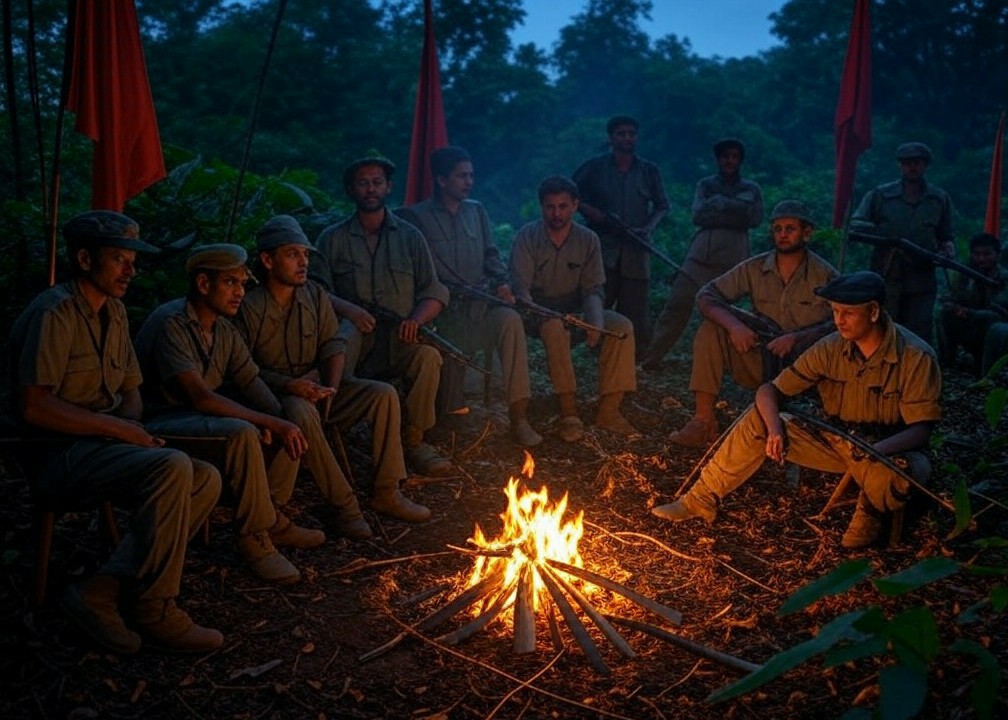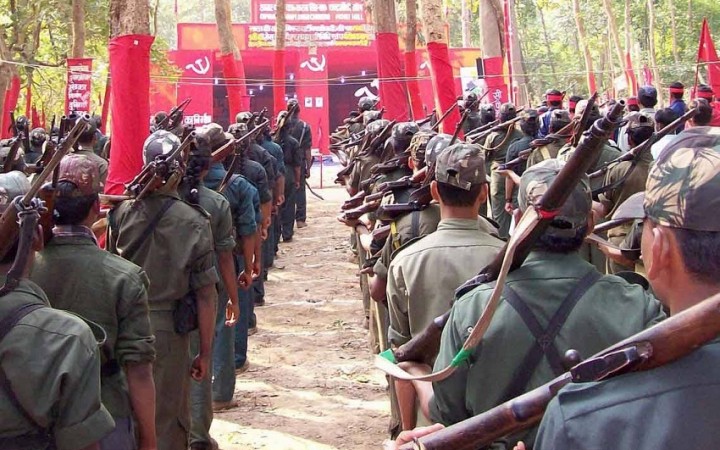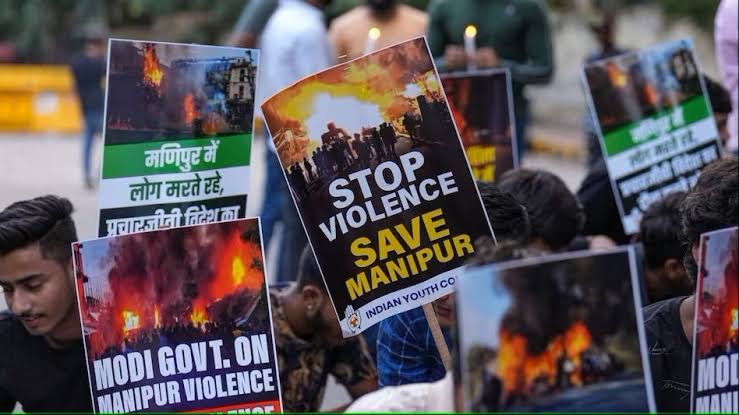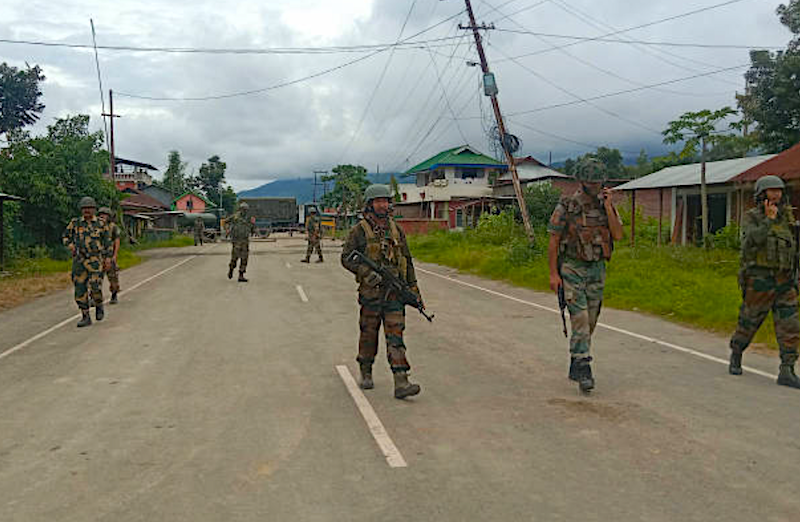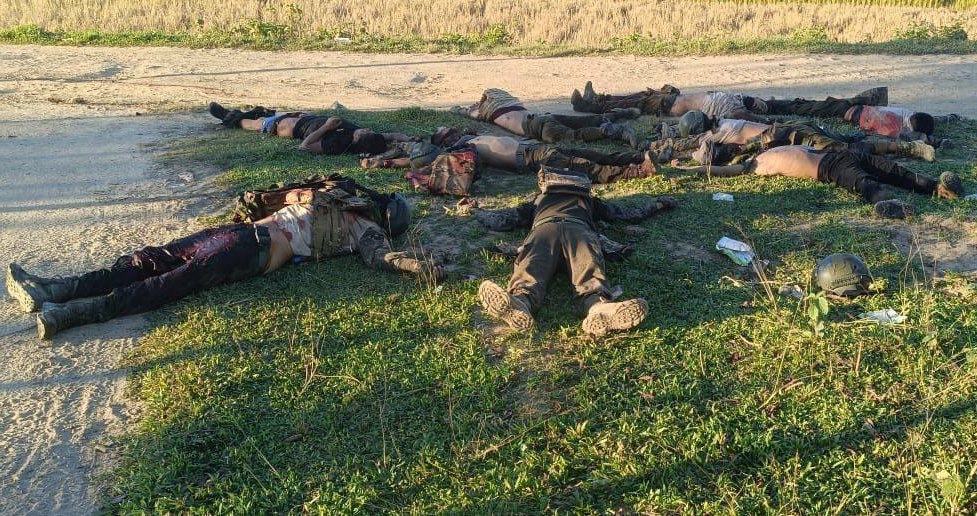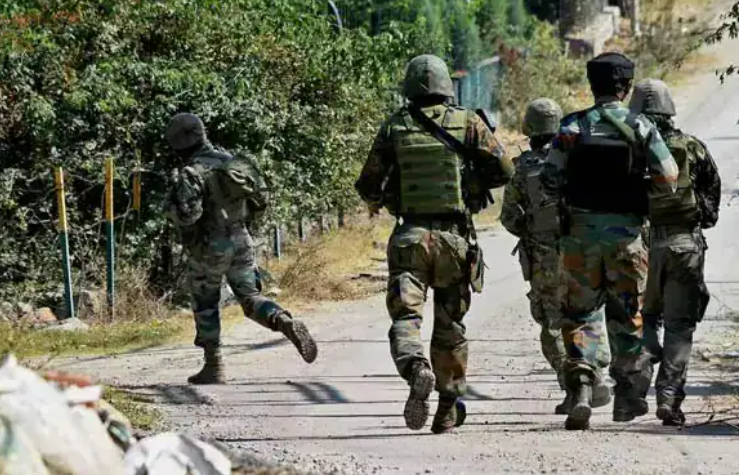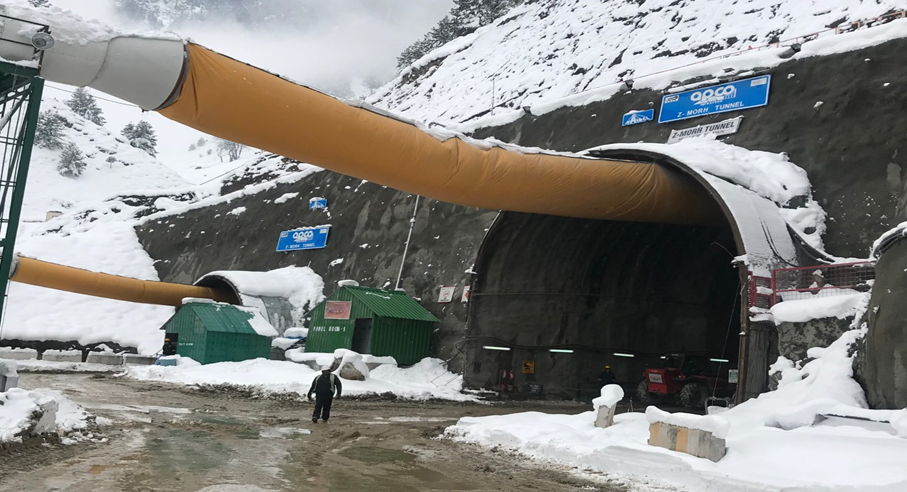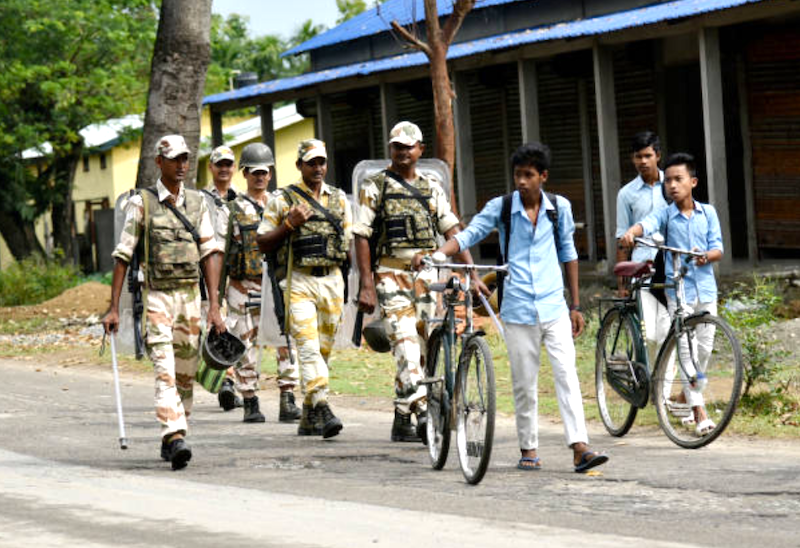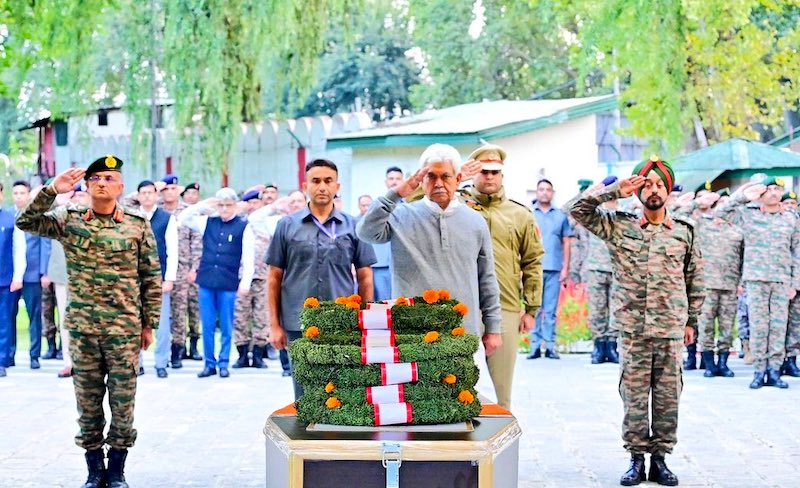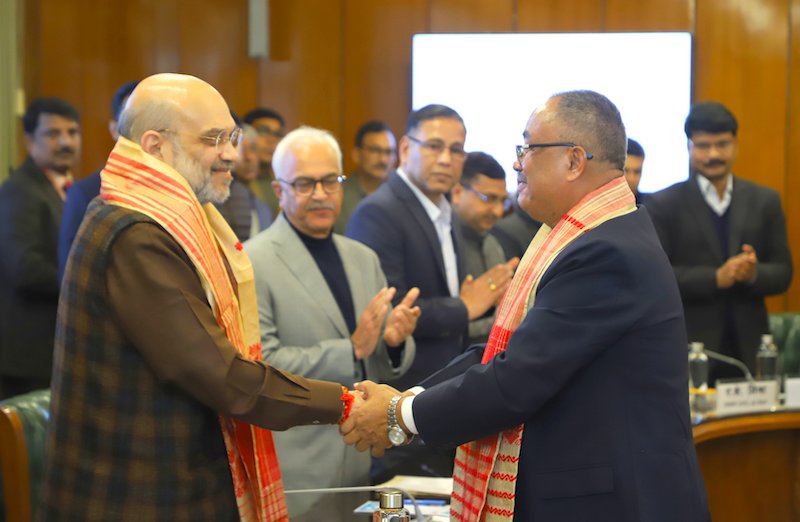 Amit Shah (L) with Arabinda Rajkhowa during signing of the peace deal in New Delhi. (Photo: X/AmitShah)
Amit Shah (L) with Arabinda Rajkhowa during signing of the peace deal in New Delhi. (Photo: X/AmitShah)
New Delhi: The pro-talks faction of the United Liberation Front of Asom (Ulfa) has signed an agreement with the Union home ministry and Assam government to formally shun violence and disband the militant outfit, on Friday. This development comes after several years of ceasefire between the Ulfa faction and the Union and state governments.
The tripartite “peace accord” was signed in New Delhi by the Union home minister, Amit Shah; the Assam chief minister, Himanta Biswa Sarma; and the head of the pro-talks Ulfa faction, Arabinda Rajkhowa (alias Rajiv Rajkonwar0), in the presence of the Union home secretary, Ajay Kumar Bhalla, and other senior members of the outfit.
After the peace accords were signed, Amit Shah said, “It is a matter of joy for me that today is a bright day for the future of Assam. For a long time, Assam and the northeast faced violence.” He said Ulfa signing the agreement marks the end of a chapter stained by violence that has claimed over 10,000 lives since 1979 and ushers in the start of a new period of peace in the northeast, especially Assam.
A historic day for Assam.
— Amit Shah (@AmitShah) December 29, 2023
Fulfilling PM @narendramodi Ji's vision for a prosperous, peaceful and developed Northeast, today we have arrived at a landmark resolution to the ULFA insurgency problem of Assam.
The Government of India and the Government of Assam have signed a… pic.twitter.com/bWVOnEKOdo
While the full details of the agreement remain under wraps, a news conference by the Rajkhowa faction shed light on some key points. Notably, 97 of Assam’s 126 assembly seats would be reserved for indigenous people, although the criteria for determining “indigenous” status would align with the recent delimitation exercise. The ULFA leaders also revealed that the government has expressed willingness to consider applying similar guidelines for future delimitation in Assam.
Assam residents received the news of this development with a mix of jubilation and wary anticipation. Many saw the accord as a hope for peace and stability in the state that suffered decades-long insurgency. However, some expressed concerns regarding the specifics of the agreement, particularly the potential implications of the proposed seat reservation.
Posers over Paresh Baruah’s Ulfa (I)
The peace deal signed between the Centre, Assam government, and the Rajkhowa-led pro-peace faction of the deal does not answer the questions over how it will affect the Paresh Baruah-led Ulfa (Independent), which is still an active insurgent group. Baruah has refused to be a part of any peace talks where the issue of Assam’s “sovereignty” is not on the table for discussions.
However, as Assam has been witnessing relative peace for several years after the Ulfa split into two major factions in 2012 – one led by Arabinda Rajkhowa and one by Paresh Baruah, the prospects of the state seeking a spike in violence looks unlikely. Apart from that, most of the Ulfa (I) cadres along with its senior leadership, including Baruah, are believed to be ensconced in a remote part of China bordering Myanmar.
Observers say that Friday’s peace accord may even encourage active and/or underground Ulfa (I) cadres in Assam to give up arms and join the mainstream. This, they believe, may further bring down the instances of violence in the state.
Still, some others say this may prompt the Ulfa (I) to step up their violent activities in a show of defiance and strength, and to show any peace agreement without the Paresh Baruah faction is a futile exercise. They say the next few months will give a clear picture about the success of the deal.


